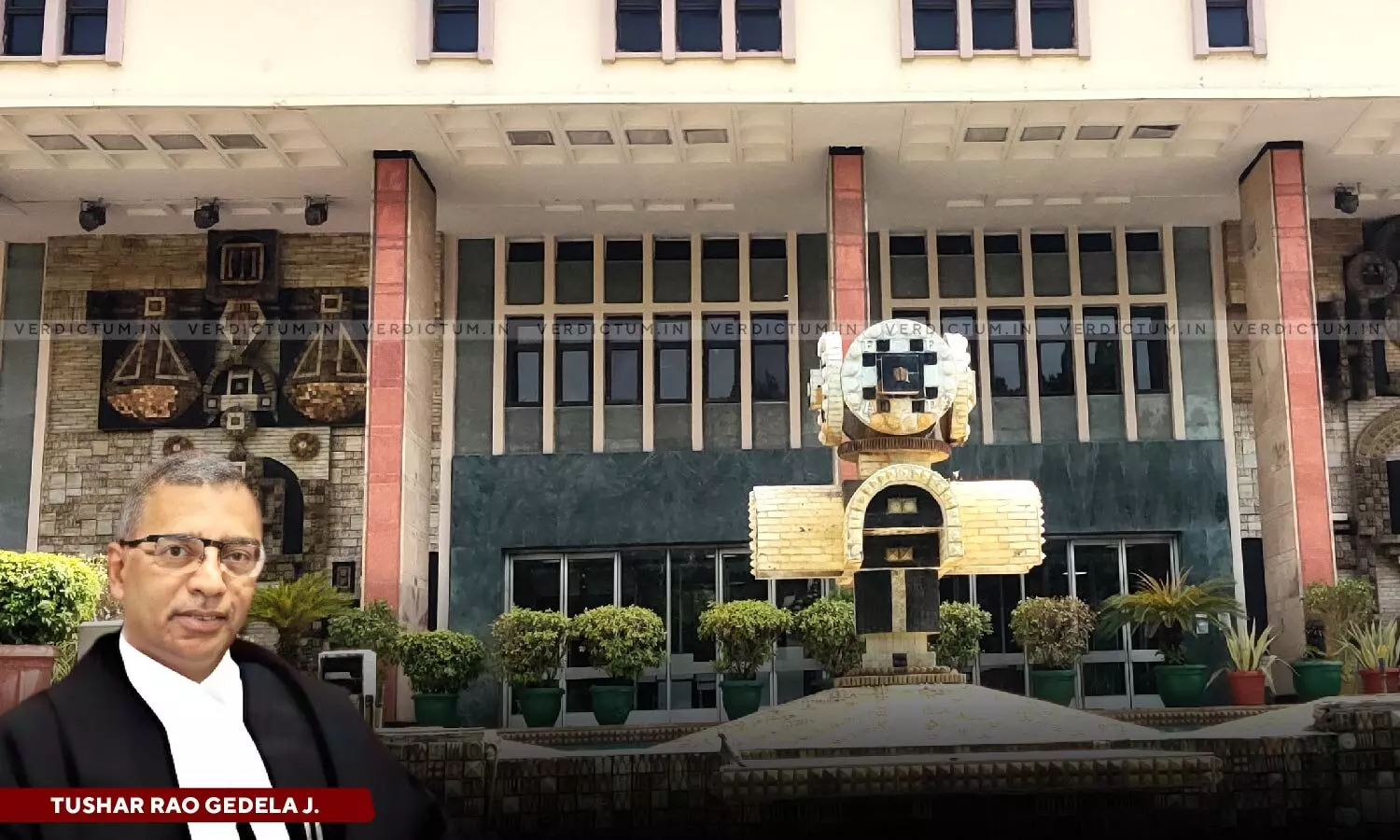
Accused Has No Locus To Interfere With Proceedings Before A Magistrate Until Criminal Courts Have Summoned Him: Delhi HC
 |
|The Delhi High Court has observed that unlocustil the stage when the Criminal Courts have summoned the accused, he has no locus to interject or interfere with the proceedings before a Magistrate.
In that context, the Bench of Justice Tushar Rao Gedela observed that, "it is clear that so far as an accused person is concerned, till the stage when the accused has been summoned by the Criminal Courts, he has no locus to interject or interfere with the proceedings before a Magistrate."
In furtherance of the same, it was said that, "The reason is not far to see, in as much as, till the cognizance of the offence is taken, the accused is not a person who is identified as such, for him to be vested with any right of audience, apart from the fact that it is possible that even after the preliminary inquiry under Section 202 Cr.P.C., the magistrate may dismiss the complaint, without even calling upon the accused."
ASG SV Raju, along with others, appeared for the petitioner, while Senior Advocate Dr Abhishek Singhvi and Senior Advocate N Hariharan, along with others, appeared for the respondents.
In this case, the petitioner filed applications under Section 482 of the Code of Criminal Procedure, seeking a stay on the impugned part of the order dated 06.04.2023 issued by the ACMM (Special Acts) Court.
The impugned order stemmed from a complaint filed by the Income Tax Office, accusing Anil Tuteja and others of offences under various sections of the Income Tax Act and the Indian Penal Code. The complaint alleged that Anil Tuteja, a senior IAS officer in Chattisgarh, and his associates were involved in the movement of unaccounted cash through various channels related to agriculture, mining, liquor trade, and licensing in the state of Chhattisgarh.
The ACMM, while acknowledging the accusations, found that the offences did not fall within the territorial jurisdiction of Delhi. Consequently, the ACMM directed the return of the complaint to the petitioner, stating that the acts constituting the offences occurred in Chhattisgarh and were beyond the jurisdiction of Delhi.
In response, the petitioner moved an application seeking a stay on the portion of the order directing the return of the complaint. The petitioner argued that the offences had a connection with Delhi due to certain financial transactions and activities carried out in the national capital.
The High Court was hearing the interim application for a stay on the specified portion of the ACMM's order.
It was observed that the ACMM had committed grave illegality and irregularity of procedure by not only entertaining the application but also hearing detailed arguments on behalf of the proposed accused person, admittedly at a stage when cognizance was yet to be taken. It was further observed that, "learned ACMM appears to have not only committed a procedural irregularity but simultaneously also violated the law as declared by the Constitutional Courts"
Subsequently, the orders passed by the ACMM to the extent of return of complaint was restrained until further orders.
Cause Title: Income Tax Office vs Anil Tuteja & Ors.
Click here to read/download the Judgment